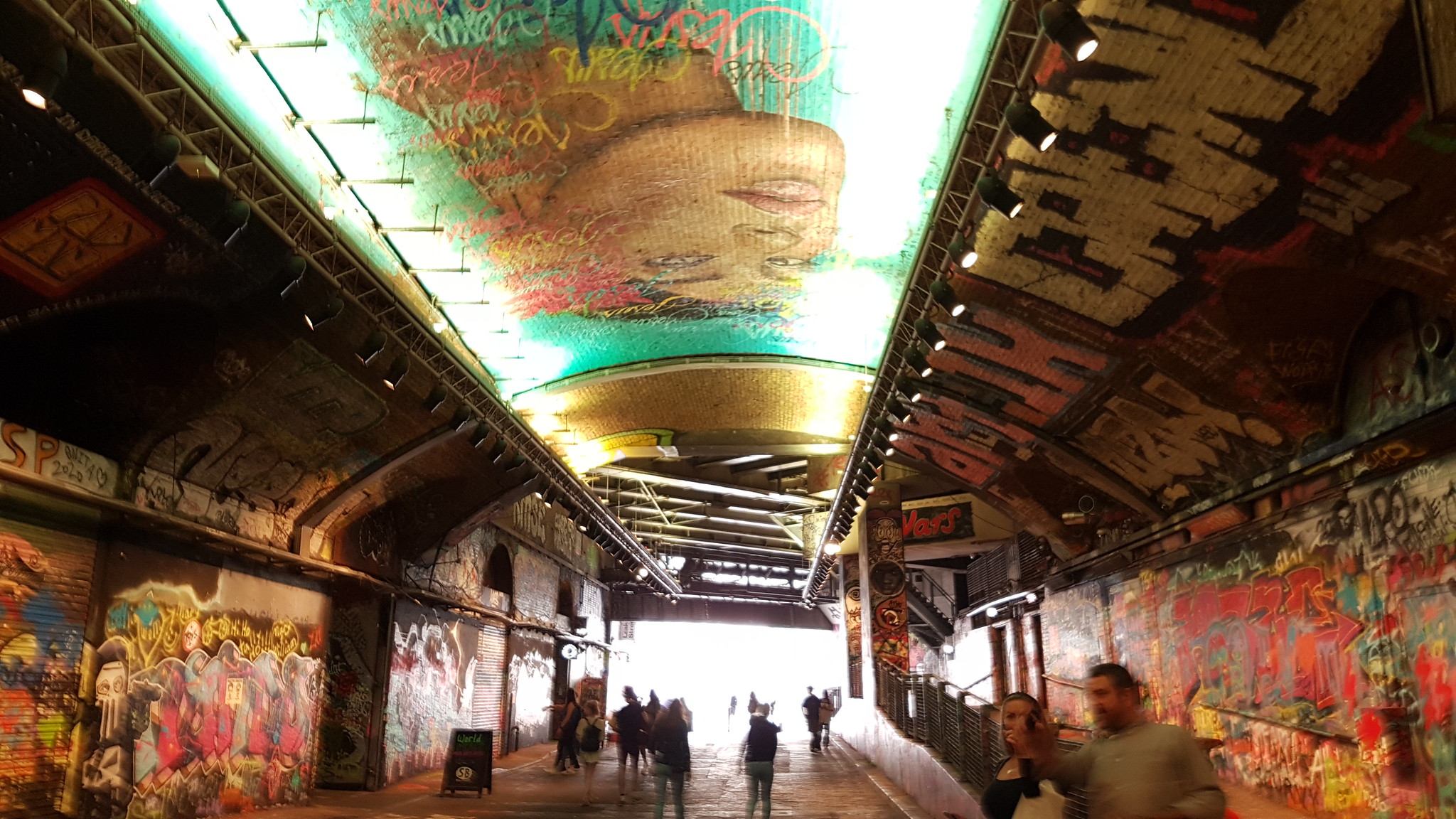Tensions between individual and collective needs have practical solutions—our neoliberal conditioning is harder to overcome
~ Warren Draper ~
Compromise is something we have struggled with at A Commune in the North (ACitN); it is a hard truth that, while we are in this pioneering phase and still small in number, the direction and wider purpose of the commune can be seriously disrupted by too many individual needs pulling in too many opposing directions. One of the reasons for the intended scale of the commune (between 100 and 200 people) is to be able to absorb and give due care to diverse individual needs, but right now internal differences of vision and intention are enough to slow progress. This does not exclude people like myself who struggle with the feeling that the world can be a bit too ‘peopley’ at times.
We have tried to address the tensions between the individual and collective in a few ways. First there is the act of coming together at certain points in time to help build practical unity. After experimenting with a number of routines, we found that making sure that we come together at certain times of the day was the most positive way of building affinity, even while we were working on different jobs for the rest of the day. From 9am until 10am every weekday we work collectively doing essential chores before going into a quick meeting at 10am where we talk about what we’re doing throughout the day and highlight where we might need help.
Then, in the evening before tea (or ‘dinner’ as they call it in the south), we come together again to reflect on the day. On Thursday evenings we have a FINT (Female, intersex, non-binary and Trans) meeting where non-male identifiers come together to address and/or elaborate issues without the patriarchal restrictions common to mixed gender meetings. This is followed by either a Feelings or Feedback meeting.
On Fridays we have an evening of celebration when we start with food around the fire circle at the farm where we each give appreciation for the events and people who have inspired us through the week and talk about what we have done to further the aims and principles of the commune. We then talk about local, national and international historic events, followed by a story (either a folk story relevant to the time of year or a story from our own lives) and then a song. We round things off with a dance (we’ve even been attending the local Morris Dancing rehearsals to steal some moves).
We have also been learning about a number of psychotherapy techniques such as Internal Family Systems and co-counselling, and they have had beneficial effects regarding individual mental health struggles. Likewise the commune has a commitment to providing counseling for people who are struggling (this has been a literal life-saver with regard to my personal issues over the last year).
The harder work, in my opinion, has been addressing the psychological transformations required for collective living. The Feelings and Feedback meetings go some way to addressing some of the individual needs of the people who have made the commune their home, and have certainly helped interpersonal relationships, but they have their limitations when it comes to encouraging a more collective mindset.
There are very real problems when the future of a housing co-op can be threatened by individuals who lack the skills to live communally and who would rather risk the complete failure of the co-op than either find a less collective housing solution for themselves, or do the internal work necessary to live collectively. I understand this statement may sound a little harsh in a world where people are scarred by the numerous traumas of living under capitalism, patriarchy and white supremacy, but if we are serious about building transformative cultures which defy the norm, then it is essential that we learn to live more socially. It is simply a recognition that real change is going to require a level of compromise from individuals, as well as care from the collectives.
So why, when we actively take the first step to live more consciously and collectively in this late-capitalist dystopia, do so many of us find it such a struggle to adapt?
For one obvious thing, our minds are colonised—especially in the West. We are a naturally social animal which has found itself successfully compartmentalised by the intentionally anti-social (and anti-socialist…) development of consumerism, individualism, the nuclear family, rabbit-hutch housing, status, isms, greed, envy and hierarchy. In more recent decades, things like social media, algorithmic tribalism, identity politics and the general paranoia created by anxiety culture have divided us even further. This has led to a crisis of poor socialisation.
Neoliberal individualism is specifically designed to break us down into individual units so that capitalism can sell more shit). If individualism is not paired with social responsibility, as it is within anarchist philosophy, then it encourages entitlement and division. For anarchists, individual creativity, personal responsibility, and self-expression are valuable insomuch as they benefit and enrich wider society. Likewise a society which does not tolerate such attributes is prone to dictatorship. For all its talk of individualism, neoliberalism was one such dictatorship long before the cracks revealed its true fascist face.
To address the tension between individualist conditioning and the need for collective living, there also needs to be some focus on deconditioning when it comes to the internalised neoliberal norms, values and mores which create obstacles to collective living, and cause many of the individual traumas and mental health problems we are trying to address.








